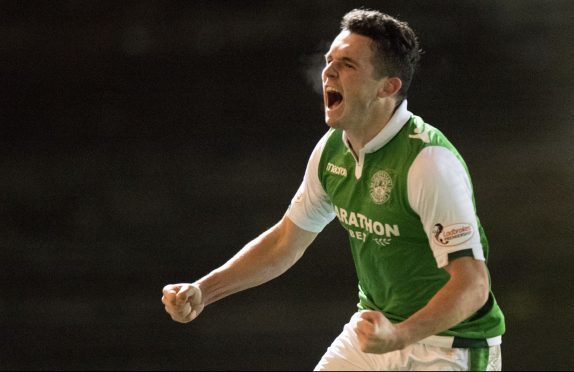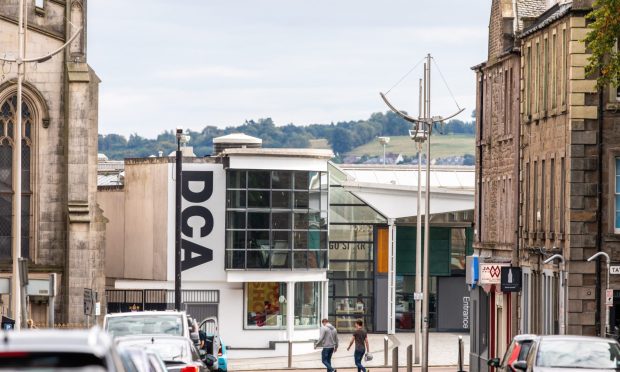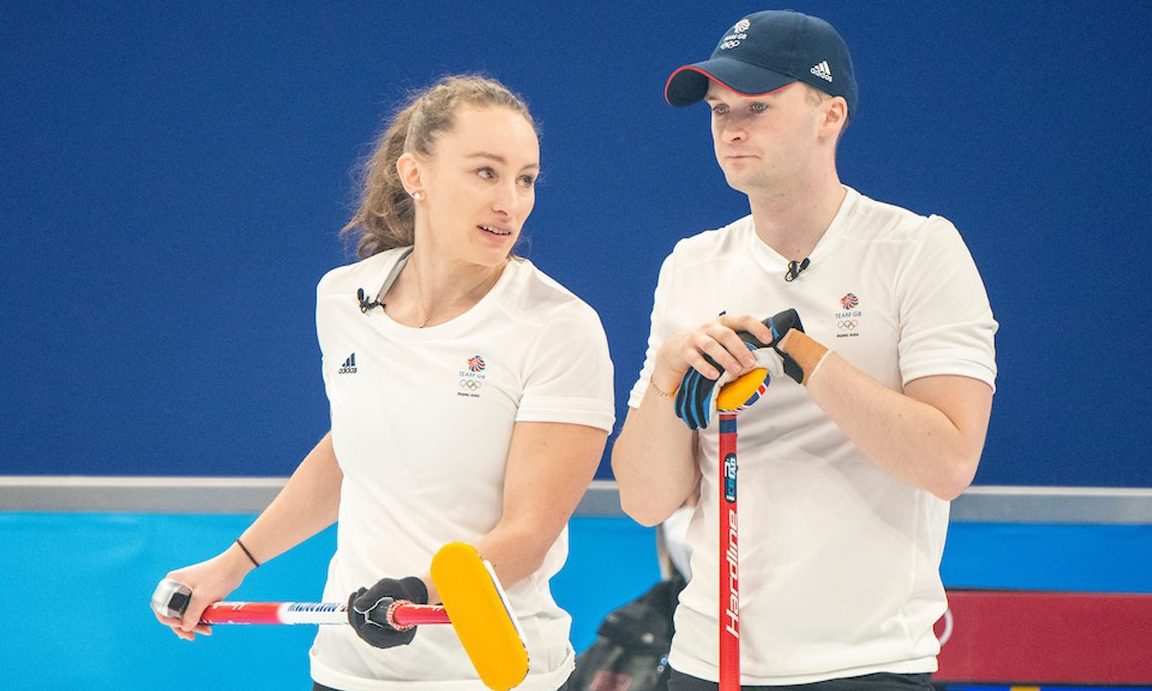The transfer window for football fans is a time of excitement and worry. The thrill of landing new faces is balanced by the fear of losing a star man.
Dundee fans will be relieved that the English window closed without bids to deprive them of top midfielder Glen Kamara, with rumours of former England defender Steven Caulker’s leaving, also coming to nothing.
The window remains open in Scotland so potential business is still very much alive for clubs here.
Ideally, managers and boards of directors will want to move players on before committing to new players, but that’s not always possible, and agreed playing budgets can come under serious pressure.
So too can relationships between managers and their chairmen or chairwomen, who have to balance the books.
Most managers take the view that their job is to put the strongest team on the park, and leave the financial worries to those round the boardroom table.
That’s understandable, since the manager’s neck is on the line if he doesn’t get acceptable results on the park.
However, we’ve seen the mess that some clubs have got into through profligate over-spending, so directors walk a tightrope between being financially canny, and taking a calculated risk in allowing the manager as much leeway as possible.
Celtic this week found themselves in a similar situation when long-time target John McGinn signed for Aston Villa, and manager Brendan Rodgers was critical of the failure of his club to land the player.
Fans lined up on their chosen sides, with the supporters of Rodgers critical of the board, while some felt the board had undermined their manager.
Celtic may be the richest club in Scotland, but their issues are relative. Each club faces similar issues, albeit not on the scale that the Glasgow club deal with.
Financially astute stewardship of a football club will seldom win plaudits from fans, but it should ensure that they always have a club to support.
The surprise success of summer sport has been the launch of the European Championships in the two cities format.
Glasgow and Berlin have hosted a stunning panoply of competition which has captured the imagination of a huge free-to-air television audience.
With Glasgow the showcase for swimming, diving, cycling, gymnastics, rowing, and triathlon, and Berlin hosting track and field, the event is proving a huge draw.
It’s also a reminder of how the sheer joy of sport sometimes just bursts out of your television.
Dina Asher-Smith’s blistering 100 metre gold-medal-winning performance in Berlin in midweek, followed by her boisterous, unalloyed, and exuberant delight at her victory, was compelling and infectious.
The 200 metre final match-up between her and the Dutch flying machine Daphne Schippers will be compelling viewing.
In the men’s 200 metres final, the explosive performance of Ramil Guilyev of Turkey was breathtaking. His power, pace, and poise, were the epitome of a sprinter at the top of his game.
We’ve had a terrific summer of sport between the World Cup, Wimbledon, the Tour de France, and the Open.
Now the European Championships are providing the icing on the cake.










